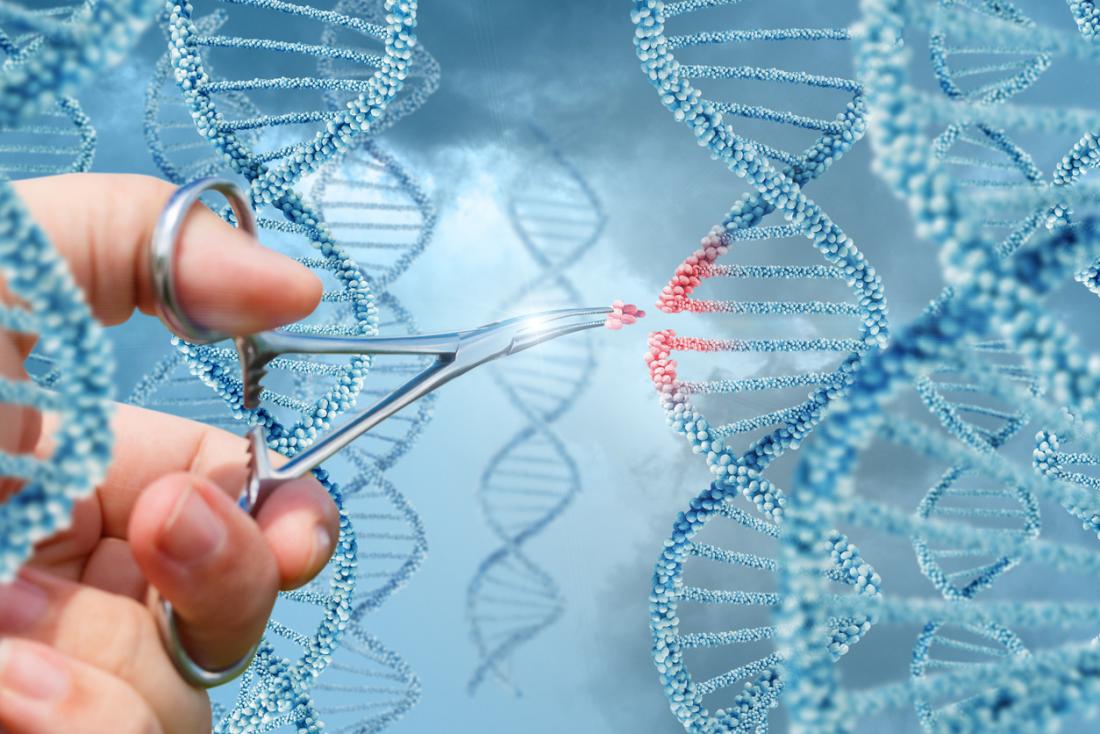The Ethics of Gene Editing: Exploring the Boundaries of Science
In the past few decades, gene editing technology has advanced by leaps and bounds, offering unprecedented potential to cure genetic diseases, prevent inherited disorders, and improve human health. At the same time, this cutting-edge science has raised complex ethical and moral questions that have yet to be fully answered. With the power to manipulate DNA, we can now alter the genetic code of humans, animals, and plants, and create new life forms that were previously unimaginable. But where do we draw the line between what is ethical and what is not in gene editing?
The answer to this question is not simple, and it involves weighing the potential benefits and risks of gene editing against its potential consequences for society and the environment. On the one hand, gene editing has the potential to revolutionize medicine and improve the lives of millions of people around the world. With the ability to remove or repair genetic mutations that cause diseases like cystic fibrosis, sickle cell anemia, and Huntington's disease, we can offer hope to patients who previously had none.
Moreover, gene editing can also help prevent the transmission of inherited diseases from parents to their children. For example, by editing the genes responsible for BRCA1 and BRCA2 mutations, which increase the risk of breast and ovarian cancer, we can help prevent these diseases from being passed down from one generation to the next.
But on the other hand, gene editing also carries significant risks, both for individuals and for society as a whole. For example, editing the genes responsible for intelligence, physical traits, or even personality traits could lead to unintended consequences, such as creating a "designer baby" market that favors certain traits over others. This could exacerbate existing social inequalities and discrimination, as well as have a negative impact on biodiversity and ecological balance.
Moreover, the long-term effects of gene editing on human health and the environment are still largely unknown, which means that there is a significant risk of unintended consequences that could have serious consequences. For example, gene editing could inadvertently create new diseases or weaken the immune system, leading to unforeseen health consequences.
So where do we draw the line when it comes to gene editing? The answer to this question will depend on a range of factors, including the potential benefits and risks of gene editing, the values and beliefs of society, and the regulatory framework that governs gene editing.
In some cases, gene editing may be ethically justifiable if it offers significant health benefits to individuals and does not pose a significant risk to society or the environment. For example, editing the genes responsible for sickle cell anemia, a painful and life-threatening genetic disorder that primarily affects people of African descent, could have a transformative impact on millions of lives around the world.
However, in other cases, gene editing may be ethically questionable or even unethical if it involves creating new life forms or altering the genetic code in ways that could have negative consequences for society or the environment. For example, creating new life forms that are resistant to certain diseases or pests could have unintended consequences for biodiversity and ecological balance, which could have serious consequences for the planet.
Ultimately, the ethics of gene editing will depend on our ability to balance the potential benefits and risks of this cutting-edge science, and to do so in a way that reflects our shared values and beliefs. This will require a thoughtful and nuanced approach that takes into account the complex and multifaceted nature of gene editing, and that engages stakeholders from across society to ensure that our decisions are grounded in a shared sense of responsibility and accountability.
In conclusion, gene editing is a powerful tool that has the potential to transform the world of medicine and offer new hope to millions of people around the world. At the same time, it also raises complex ethical and moral questions that require careful consideration and dialogue. As we continue to push the boundaries of science and technology, it is essential that we do so with a deep understanding of the potential consequences of our actions, and with a commitment to acting in a responsible and ethical manner. Only by doing so can we ensure that gene editing continues to serve as a force for good in the world, while also respecting the fundamental values and principles that underpin our shared humanity.
Labels: Interesting, science


0 Comments:
Post a Comment
Subscribe to Post Comments [Atom]
<< Home